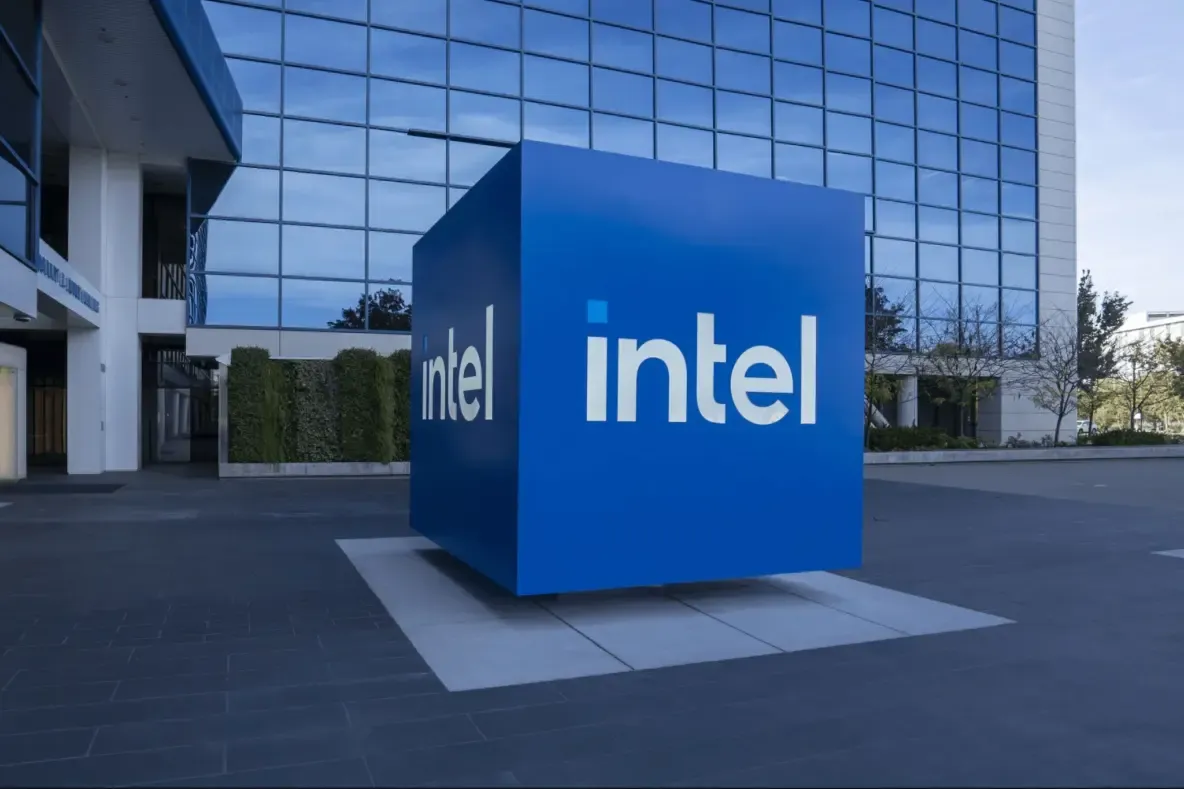Trump Administration in Talks to Buy Stake in Chipmaker to Boost U.S. Production
-

The administration of U.S. President Donald Trump is in discussions to acquire a stake in a semiconductor manufacturer, a move aimed at helping the company expand its domestic production capabilities, Bloomberg reported, citing sources familiar with the matter.The size of the stake under consideration has not been disclosed. According to the sources, the deal is intended to strengthen the position of Intel’s under-construction plant in Ohio, which the company plans to make the largest semiconductor facility in the world.
The idea reportedly emerged following a meeting between President Trump and Intel CEO Lip-Bu Tan. The details of the potential transaction are still being worked out: one source said the stake would be purchased using government funds, while another noted that the plans could still change.
Intel declined to confirm the talks with the government, and the Trump administration also did not comment on the matter.
-
This move feels like the clearest signal yet that semiconductors are officially in the same “strategic asset” category as oil, steel, or defense tech. For years the U.S. relied on subsidies and tax breaks to incentivize chip production, but if the administration really takes an equity stake in Intel, that’s a different level entirely — it ties the government’s success to Intel’s success. On the one hand, that could stabilize funding for the Ohio megafab and reassure global customers that America is serious about supply chain resilience. On the other, it raises tricky questions: how much influence will Washington have on Intel’s business decisions? Will competitors cry foul if the government is effectively “picking winners”? Either way, it shows the semiconductor arms race with China and Taiwan is heating up.
-
If this deal actually happens, it could mark the beginning of a new era of U.S. industrial policy. Think about it: Intel has struggled to keep up with TSMC and Samsung, but with direct government backing, they’d have not just subsidies but also political weight behind their expansion. That might help Intel land more defense contracts, accelerate partnerships with automakers, and guarantee demand for “secure, American-made chips.” But history shows government ownership can be a double-edged sword — sometimes it leads to innovation, other times to bureaucracy and inefficiency. The Ohio plant becoming the world’s biggest fab sounds impressive on paper, but the real test will be whether Intel can deliver cutting-edge nodes at scale, not just more square footage. This story is far from over.

















